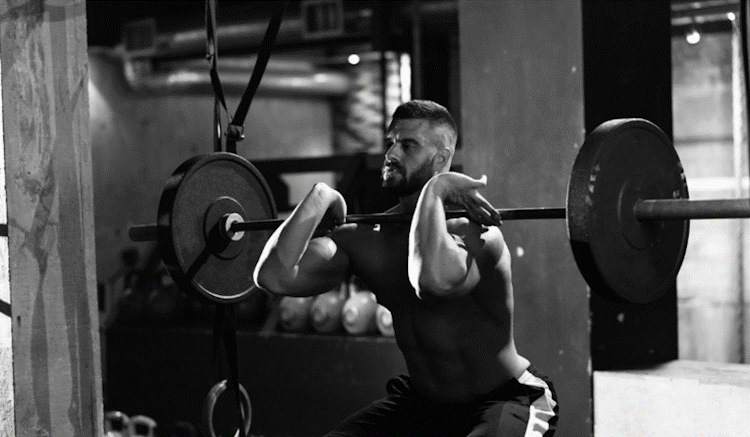The double-edged sword of caffeine
We all know caffeine, a naturally occurring stimulant found in coffee, tea, energy drinks, and various supplements, has long been present in the routines of athletes and fitness enthusiasts. Its ability to enhance alertness, focus, physical performance and even help shed fat due to its thermogenic effect is well-documented. However, there’s a flip side to this seemingly innocent habit – caffeine addiction.
Caffeine is renowned for its stimulating effects on the central nervous system. When consumed in moderate amounts, it can lead to increased endurance, heightened alertness, and improved concentration. These benefits have made it a popular choice among the general population but especially to athletes looking for that extra edge during training or competition.
However, as with most substances, moderation is key. Regular and excessive consumption of caffeine will first lead to tolerance, dependence, and eventually, addiction. Athletes and enthusiasts, driven by the pursuit of better performance, can quickly find themselves trapped at any stage of this cycle. Here are some of the signs that you may have been taking too much caffeine:
Tolerance build-up
As the body becomes accustomed to caffeine, larger doses are needed to achieve the same stimulating effects. This can lead to an escalating consumption pattern, making the user dependent and increasing the risk of addiction;
Withdrawal symptoms
If daily caffeine intake is reduced by any means, whether you had a busy day, are traveling or just forgot to buy coffee and ran out of it, withdrawal symptoms show up. These may include headaches, irritability, fatigue, and difficulty concentrating. For athletes, these symptoms can interfere with training and performance;
Disrupted sleep patterns
Excessive caffeine can disrupt sleep quality and quantity. While it may provide a temporary energy boost, it can lead to long-term sleep disturbances, ultimately undermining an athlete’s health, recovery and overall performance.
The irony lies in the fact that while caffeine initially boosts performance, that fades after some time and starts a process called caffeine crash, when the best course of action is probably just to give the body some rest, but if the person can’t do it at the moment, he will just resort to ingesting more caffeine to keep himself functioning, and that can lead to detrimental effects. Addiction can create a cycle where athletes rely on caffeine to meet performance demands, ultimately compromising their long-term health and well-being.
Recognizing and addressing caffeine addiction is a crucial step towards reclaiming optimal health and performance. Here are some basic strategies you can try to free yourself from this addiction if that’s your case:
Gradual reduction
Rather than abruptly quitting caffeine, a gradual reduction of intake is recommended. This helps mitigate withdrawal symptoms and allows the body enough time to readjust to lower levels of the substance;
Hydration and nutrition
Prioritize proper hydration and balanced nutrition to naturally boost energy levels. A proper diet and adequate water intake can help offset the perceived need for caffeine;
Establish healthy sleep patterns
Prioritize quality sleep as a necessary part of your training regimen. Adequate rest and recovery are fundamental to higher levels of performance. At this point, we’re all also well-aware of the detrimental effects that poor sleep has on one’s health;
Consider professional help
For people struggling with caffeine addiction, seeking help from a healthcare professional or a nutritionist can be a good option. They can provide individualized strategies and support to help get off of caffeine dependence.
All in all, while caffeine without a doubt offers real performance benefits, it’s very important to approach its consumption with caution and moderation, always keeping in mind that caffeine is a potent substance and its use should not be neglected. Recognizing the signs of addiction and taking proactive steps towards recovery is a testament to a fitness enthusiast’s commitment to long-term success, both on and off the gym. As with other aspects in the world of bodybuilding and physical training, high performance lies in the link between both physical and mental well-being.









